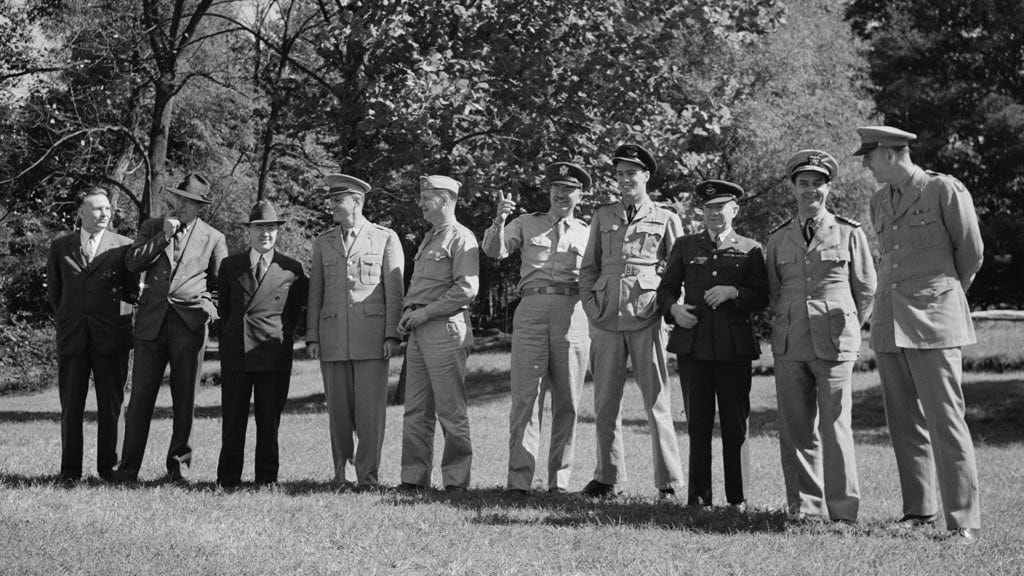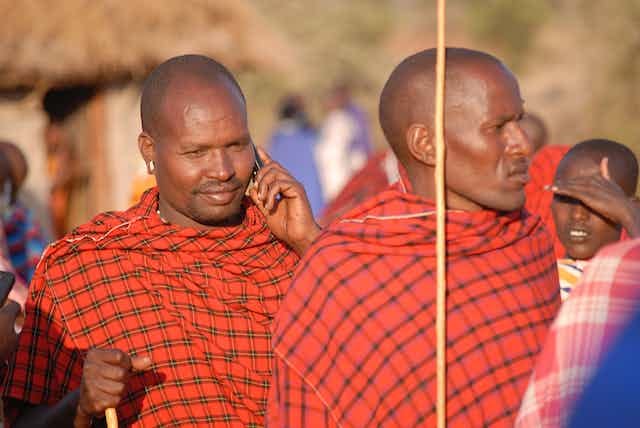The Bluestocking, vol 259: Dahl and Fleming
the Earl of Denby has not been asked to provide falcons
Happy Friday!
This week, I wrote for the Atlantic about Roald Dahl, and that prompted some extra thoughts, which are included below like a weird DVD commentary on the original piece.
Helen
Roald Dahl Can Never Be Made Nice (The Atlantic)
One of the inadvertently funniest amendments is a passage in Charlie and the Chocolate Factory, which once explained how the Oompa-Loompas—whom Dahl originally wrote specifically as African “pygmies”—had come to work for Willy Wonka. “It was easy,” the deranged capitalist inventor used to say. “I smuggled them over in large packing cases with holes in them.” In the newly sanitized version, Wonka instead tells his audience that the Oompa-Loompas were volunteers and “they’ve told me they love it here.” Yes, the sensitivity readers have somehow re-created a classic trope from colonial literature: If these slaves are unhappy, why are they singing all the time? Thank you for the clarification, Mr. Wonka, and now perhaps your PR firm could explain why the Oompa-Loompas aren’t allowed to leave the factory.
Many writers I know have reacted strongly to the news of the rewrites, probably because we know how powerful editors can be. Almost everyone who covers difficult, sensitive subjects can tell you about a time they received a “hostile edit” in which the process of publication felt like running uphill through sand. In such cases, the editors introduce so many caveats and concessions to other people’s perspectives that the work ceases to feel like yours. Those kinds of editors—whose highest goal is a piece that won’t cause any trouble—presumably approach a dead author’s work with an appropriately Dahl-esque glee. Finally, a writer who can’t fight back!
I wrote about the new Puffin editions of Roald Dahl’s work—which I think people have reacted against so strongly because nasty is what Dahl is. These aren’t cosmetic changes; they’re an offence against the authorial spirit.
While writing the the Atlantic piece, I remembered that Dahl and Ian Fleming were friends—Dahl wrote the screenplay for You Only Live Twice, the Bond film where Sean Connery tapes up his eyes to pass for Japanese, and the viewer finally sees Blofeld’s scarred face.
I wondered what brought them together, and found that Dahl, having left active service in WWII because of the after-effects of his plane crash in the desert, was recruited by CS Forester (who wrote the Hornblower series) to be a British spy in Washington DC, helping the propaganda effort to entice America into joining the war.
Dahl basically shagged around the socialite wives of D.C., until he met his match in the form of Claire Booth Luce. “Unfortunately, Dahl had underestimated Luce’s voracious sexual appetite,” records Sky’s History.co.uk. “This led to what is probably the most astonishing thing ever sent to a superior by an intelligence officer. ‘I am all f****d out!’ Dahl shouted down the phone in a call to his superiors, begging to be reassigned.”
Ian Fleming was also an Irregular, making the whole thing a Netflix series waiting to happen. That coincidence made me think was how similar Fleming and Dahl’s vision of life was, and how that might be traced back to their childhoods: both lost their fathers , and both were sent to all-boys’ boarding schools, where they were bullied by older pupils and caned by their teachers. Born in 1908 and 1916 respectively, they were inculcated with a dying vision of Empire and of the “white man’s burden.” (After school, Dahl went to work for Shell in Dar-es-Salaam, a job which came with personal servants.)
The two men eventually learned to navigate those environments and, perhaps even beat them. (Both excelled at sports, for example.) Fleming was advised to leave Eton early to study for Sandhurst because of his interest in cars, hair gel and women; on the evidence of Boy, Dahl’s morality was shaped by the realisation that authority figures wielded unfair, unaccountable power and therefore resistance by any means was justified.
Then came the Second World War, where the normal rules of civilian life were once again suspended. Both Dahl and Fleming flourished in this new world of ambiguous morality where the ends justified the means. They both seem to have been aware, on some level, that no one was coming to save them: no parent or teacher or government or even karma. They had to save themselves. There’s a reason why James Bond is an orphan, and so are many of Dahl’s characters.
While that doesn’t exactly provoke my sympathy for the racism, sexism and homophobia which bled through from their attitudes into their work, it does help explain why these writers created the characters they did. Fleming and Dahl were both survivors—survivors of a system which now seems tortuous. (Would you send your six-year-old off to live in a draughty old building overseen with sadists?) No wonder they came away with attitudes that look screwed up to those of us raised by loving parents in a stable, caring home. They were the winners of a Darwinian selection process for men who were “tough”—although callous is perhaps a better word.
As it happens, I quite like the Daniel Craig-era changes to James Bond as a character, many of which involve acknowledging that while his childhood makes him a great spy—his parents’ deaths left him devoid of personal ties, constantly on guard, unable to express or feel emotion—that has come at significant personal cost.
In Skyfall, M is presented as a substitute mother in a way that reminded me of Prince Harry’s memoir, which recounts how boys at his prep school would be mocked for calling Matron “Mummy”. The British upper-class really did a number on its kids throughout the twentieth century, and the result is literature which is now profoundly uncomfortable, because it is written by people who did what they had to, in order to survive.
It’s Time To Rethink The Idea of The Indigenous (New Yorker)
To secure their status as Indigenous, [the Indian rural community known as] Adivasis have needed to look tribal and non-modern. Urban activists necessarily endorse images of them as children of the forest. The resulting policies can be a boost for activists, intent on building domestic and international platforms. But they can also lead to what [anthropologist Alpa] Shah calls “eco-incarceration,” reinforcing Adivasis’ marginalization. Consider their elephant issue. In one year, in a village of about five hundred and fifty people, Shah saw elephants destroy five houses. They devoured crops. They kicked a woman, leaving her with serious back injuries. Nearby villages were similarly terrorized, with nine people trampled to death.
The Mundas were not happy. They told Shah they wanted to chop down trees to stop the elephant incursion, but government policy, ostensibly aimed at helping them preserve their traditions, prohibited them from doing so.
I first encountered the anthropologist Manvir Singh in this fascinating interview with Decoding the Gurus on shamanism—raising the question of whether some internet gurus, with their deliberately ascetic lifestyles, interest in psychedelics, and claims of higher consciousness, can be seen as modern shamans. And now here he is the New Yorker on the label of “indigenous.” On the one hand, it has helped many groups like the Maasai and Maori organise politically. On the other, it risks becoming a prison—tribes are exploited for tourism purposes, or told to keep living in “traditional” lifestyles when they don’t want to.
I wasn’t exactly surprised that academics can’t come up with a coherent definition of indigenous—bless them, but they can’t come up with a coherent definition of anything. It’s not about being “first”, or the Icelanders would be classified as indigenous even though they’re white settlers. It’s not about being a minority in your own country, or the Samoans wouldn’t count. And the whole idea risks playing into outdated tropes of primitivism: “Even if you are not aboriginal, you can count as Indigenous if you come across as simple, egalitarian, culturally encapsulated, spiritually attuned to nature, and somehow isolated from history and civilization.” (That also explains, of course, why white people fake being indigenous, because they see it as a more spiritual, authentic way to be.)
But what can you do? It’s still a useful label, and one that’s accepted by many of the activists for these communities themselves.

Quick Links
Just a great video of a huge octopus merking an eel (twitter).
“Modeling himself on Nietzsche, the book is part manifesto, part rant, part prophecy: a hallucinatory, paranoid, campy, self-parodic jeremiad denouncing the rule of inferior “bug men” that make up the vast run of humanity and an urging the hidden master race to reassert its natural will-to-power to topple this reign of stultifying, decadent mediocrity.” John Ganz on “Bronze Age Pervert,” a hit thinker on the New Right, and his belief that BAP synthesises two fascist traditions: “Nazism has weird loser, creep vibes, while Italian Fascism has douchey, jock vibes.” (Substack).
A Historical List Of Things People Blamed on Women (twitter).
“In the past few years, a great deal of U.S. discourse has absorbed the vocabulary of therapy, with frequent references to trauma, harm, emotional capacity, and self-care. But the ubiquity of ‘therapy-speak’ on the internet has coincided with the emergence of an internet culture that is decidedly anti-therapeutic.” My colleague Derek Thompson tries to work out the explanation for spiking rates of anxiety among girls and LGBTQ young people (Atlantic).
The Blocked and Reported podcast episode on the NYT open letter is good. I feel really sorry for the journalists singled out by their colleagues as hatemongers; I read all of the pieces mentioned and thought they were careful, balanced and empathetic.
John Yorke has a new radio show, Opening Lines, about what makes stories work (BBC).
“It is particularly disturbing that the Earl of Denby has not been asked to provide falcons, as his family has done since the 16th century. These little things deprive people of their purpose in life.” No one is going to write a better paragraph than this in 2023, from an oped on the “woke coronation” (Telegraph).
Podcast zone: this one doesn’t count as part of my World Tour, because I recorded it last year, but I’m interviewed in the Free Press’s Witch Trials of JK Rowling. The first two episodes (featuring zero me, but still good) are available now, covering the 1990s fundamentalist Christian backlash to Harry Potter.
See you next time!







I just read your article, and within five minutes saw another article about Roald Dahl which quoted you.
"Writing for the Atlantic, journalist Helen Lewis said that Dahl’s work can “never be made nice,” stating that “his cold, unsettling spikiness is his defining quality as a writer” and that his popularity continues “despite being so thoroughly out of tune with the times.”"
https://www.publishersweekly.com/pw/by-topic/childrens/childrens-book-news/article/91601-no-plans-for-dahl-text-changes-from-u-s-european-publishers.html
That really is one of the all time great paragraphs. A few clicks away, though, I found this (also on the telegraph) and think it also worthy of consideration:
"The Begum documentary was not the BBC’s most complained-about programme this month. Four times as many viewers complained about an episode of the home makeover show, Sort Your Life Out, in which presenter Stacey Solomon moved a family’s pet rabbits from an indoor run to an outdoor hutch".